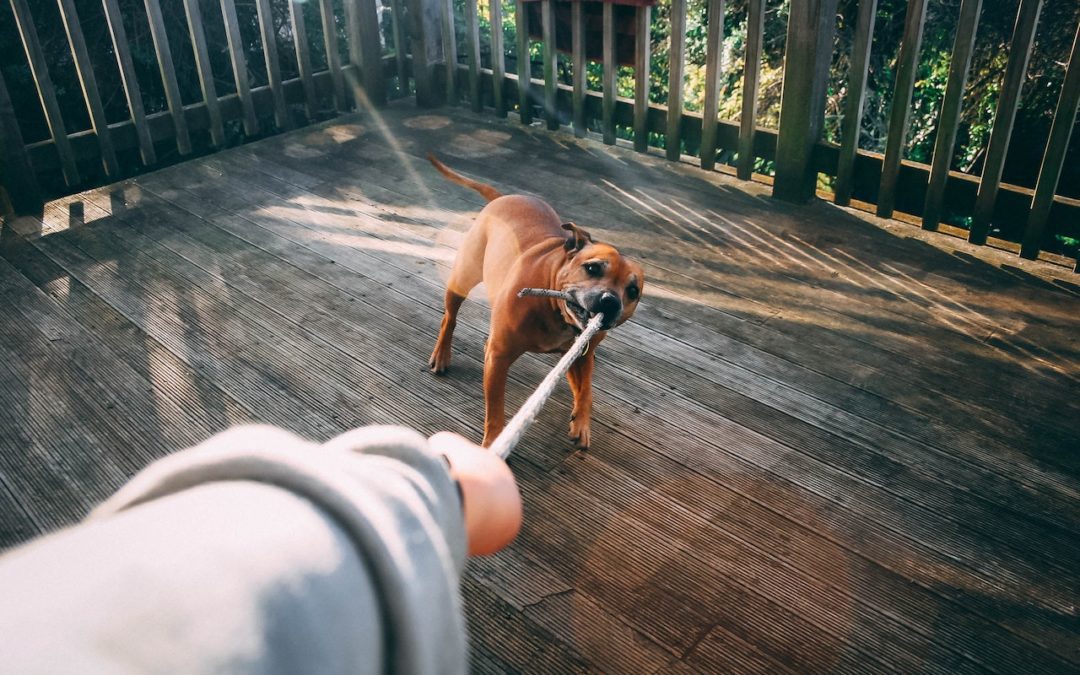Your Pet Should Be Doing These Daily Exercises to Stay Healthy
All pets need daily exercise, and the amount they need depends on each cat or dog. Follow the guidelines below to create a general exercise plan, and consider your pet’s age, breed, and health for a custom activity plan.
Daily exercise requirements for a dog
Typically, young adult dogs have the highest exercise needs, while senior dogs have lower requirements. Daily activity time can range from roughly 30 minutes to two hours, depending on your pet. Puppies often exercise in short spurts, followed by a nap to recharge. Your dog’s breed also factors heavily into their exercise needs, as does their personality. A lazy basset hound is likely content to be a couch potato, whereas a border collie needs a job to perform for hours each day. You may not have a flock of sheep that requires herding, but you still can provide your pooch with plenty of exercise opportunities, such as:
- Games of fetch or tug-of-war
- Off-leash runs in a fenced-in park
- Walks that allow sniffing—nosework is mentally and physically tiring for dogs
- Swimming
- Hiking
- Draft work (i.e., pulling carts or wagons)
- Obedience training
- Canine sports (e.g., lure coursing, agility, flyball, dock diving, Schutzhund, treibball, etc.)
Daily exercise requirements for a cat
People often think cats snooze their days away and do not require much exercise. However, the opposite is true. Because of cats’ propensity to remain sedentary, they are at a greater risk for obesity and its associated health issues. To help your cat maintain an ideal body condition, aim for an average of 30 minutes of intentional exercise each day. Encourage your cat to run, jump, and pounce with feather wands, laser pointers, and toys that mimic prey, like mice and birds. Install climbing towers and scratching posts to allow your cat to tally up a few more minutes of calorie-burning exercise each day.
Don’t forget that mental exercise is just as vital for your pet’s health. Food puzzles, trick training, and walks that allow for plenty of sniffing are great ways to flex your pet’s brain.
Are you unsure how much exercise your four-legged friend needs to remain healthy and happy? Contact our team for help designing an exercise regimen.

